Is "One Piece" Super Deep Or Is It Taken Out Of Context?
Are One Piece fans onto something here?
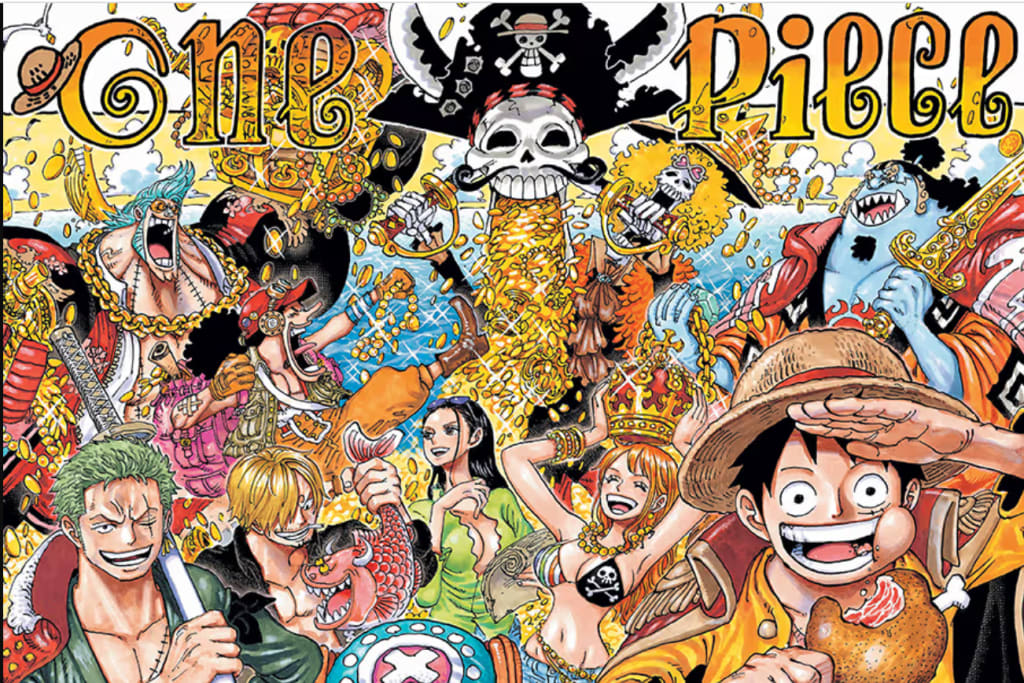
The other day, I came across a clip on my Instagram feed about a group of guys talking about how One Piece is a super political leftist anime. Naturally, I got curious as hell and tracked down the source to get the full context and while I can see how their interpretation of One Piece has a lot of political themes, the thing that interested me the most was how one of them said that it was the author’s intention of making it this political. So, in this article, let’s explore whether or not if One Piece is intentional super deep and political or if people are taking it way out of context.
The Inspiration Of This Piece
For those who are curious, the clip that inspired this piece is from a Youtube podcast show that featured political Twitch streamer Hasan Piker. In the clip, Piker gave his take on some of the themes One Piece has explored in its arcs from resource deprivation (found in the Alabasta arc) to indigenous populations being removed from their land (found in the Skypeia arc). While Piker’s analysis is accurate to a degree, his biggest claim that One Piece’s author, Eiichiro Oda, is intentionally making One Piece super political is questionable.
Intent Vs. Interpretation
The relationship between an author’s intention and a reader’s interpretation is a complex and often debated topic in the literary world. Some argue that the author’s intention is the ultimate determining factor in the meaning of a literary work, however, others believe that the meaning behind a literary work is created by the reader and their personal interpretation.
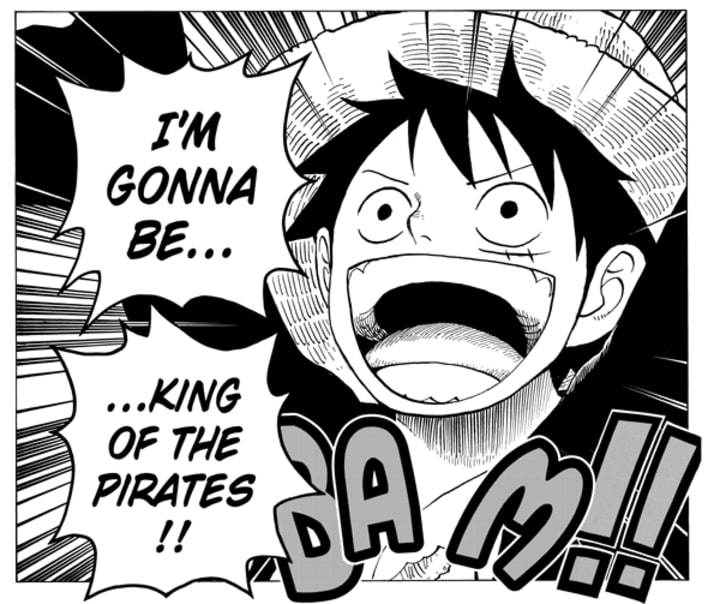
In the case of One Piece, is the series super political by design, or are readers placing their own meaning to it, thus making it a super political piece? To determine this, we have to refer to some literary theories that touch upon this subject.
Reader-Response Theory
In the early and mid-twentieth century, the author’s intention of a written work was generally considered to be the most important factor in determining the meaning of a text, because often times it was the key to unlocking the meaning of a work of literature. However, that changed when a group of scholars came up with Reader-Response Theory.
Reader-Response Theory is a literary theory that argues that the meaning behind literature can be created through the interaction between the reader and the text. Meaning that whatever personal experiences and belief that the reader has, they can use it in order to give the text more meaning than what the author had intended.
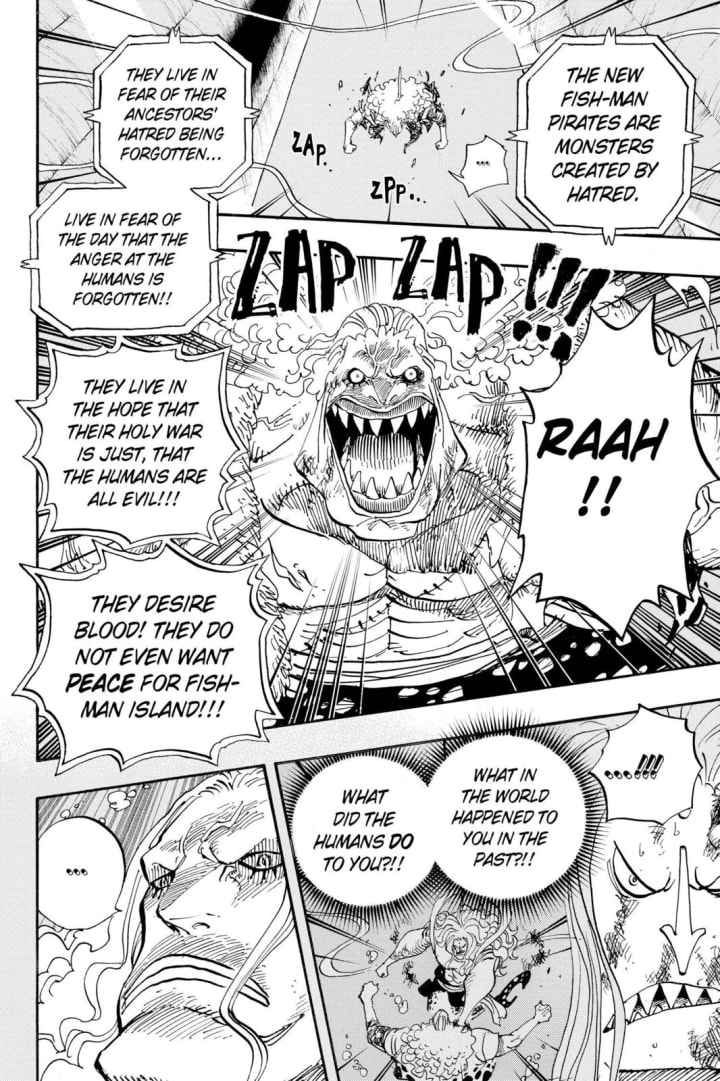
This theory challenges the idea that the author’s intention is the sole determining factor of the meaning behind a literary work and instead suggests that readers play an active role in the interpretation of a text. However, French philosopher Roland Barthes expanded on this idea with his essay “The Death of the Author” (1967).
In his essay, he argues that the author’s intention is not relevant to the interpretation of a literary work and places more value on the reader’s interpretation instead. In regards to whether or not One Piece is political, Barthes would argue that it is, because we the reader have determined it to be, and whatever Oda says about it doesn’t really matter. While this conclusion may seem great for the people who strongly believe that One Piece is deep and political, it is not really fair to the author if it wasn’t his intentions.
Intentional Fallacy
Considering how One Piece is still ongoing with no clear end anytime soon, to assume that One Piece is naturally political and that the author intended it for it to be this way without his confirmation is pretty invalid due to a theory called Intentional Fallacy.
Intentional Fallacy is a literary theory that was first introduced by W.K. Wimsatt and Monroe Beardsley in 1946. The theory argues that the author’s intentions of their writing should not be determined by the reader’s assumptions of the author. Meaning that whatever preconceived notions people have about Eiichiro Oda and how he writes One Piece is all completely false and invalid until he confirms it himself.
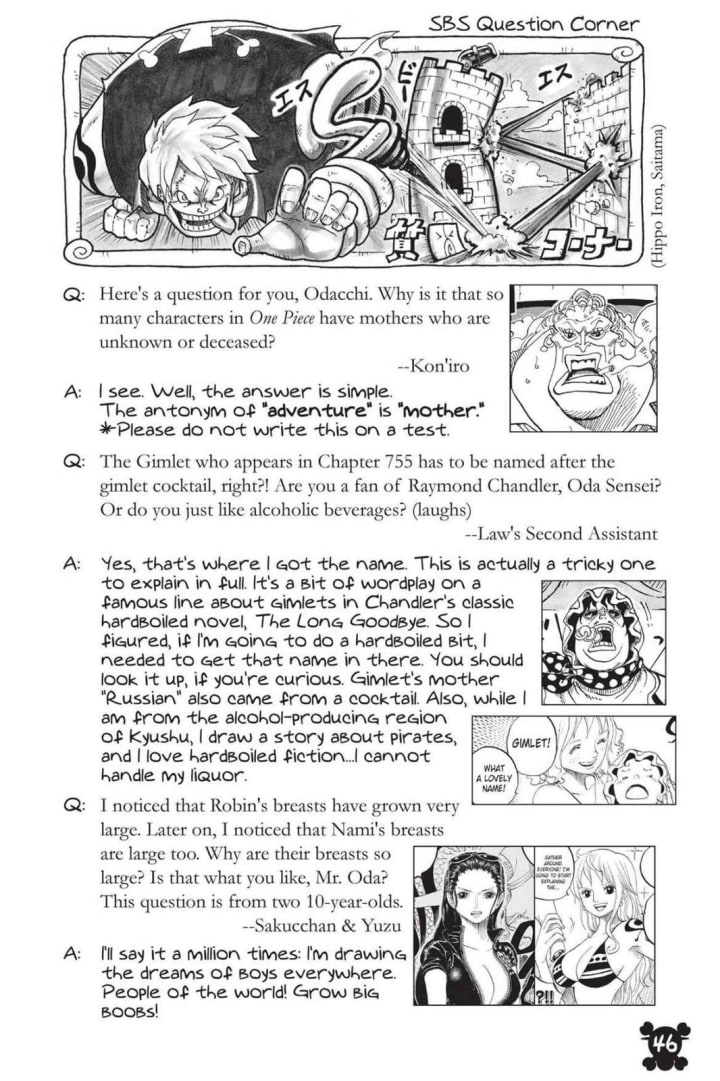
There have been multiple times where Oda has stated that he has never set out to make political statements in One Piece and that his primary goal is to tell a fun and engaging story. One of the most notable controversies arose in 2017, when a chapter of the manga featured a Rising Sun imagery. The controversy led to accusations that Eiichiro Oda was promoting inappropriate motifs of Japanese aggression in his work.
Oda quickly addressed the controversy in an interview, stating that he had no intention to promote any particular ideology, but has also acknowledged that his work is influenced by the world around him and that the themes in One Piece are often inspired by real-world events and issues. Considering how he approached the controversy, it is safe to say that Oda is not intentionally making One Piece deeper than it should be. However, that doesn’t stop people from making connections to prove so.
Does References Correlate Affiliation?
For a series that has lasted for more than 20 years, Oda’s ability to create new characters that references historical figures and pop culture icons has not only made these characters very memorable, but also added a range of depth and complexity to the characters and themes of the series.
It is difficult to say definitively whether the historical and pop culture references Oda uses in One Piece can correlate to any particular political affiliation. Some readers may interpret certain references as having political connotations, but these interpretations are subjective and may vary depending on the reader’s own political beliefs.
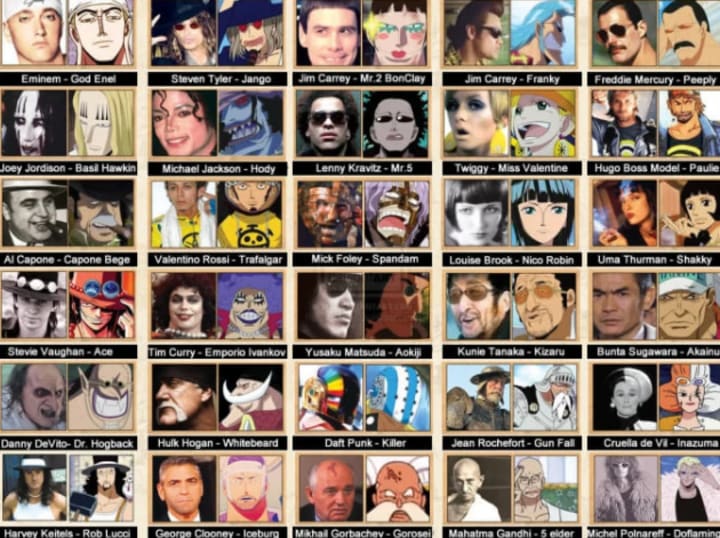
That being said, it is possible to draw connections between some of the historical references used in One Piece and real-world political movements or events. For example, the character of Sabo and his role in One Piece is based on the French revolutionary figure Maximilien Robespierre, which could be interpreted as a reference to the themes of revolution and rebellion in the series.
Similarly, the character of Donquixote Doflamingo is based on the Spanish novel Don Quixote, which could be seen as a reference to the themes of idealism and delusion in politics. However, it is important to note that these interpretations are not necessarily indicative of Oda’s own political beliefs or intentions.
Is One Piece Really Deep?
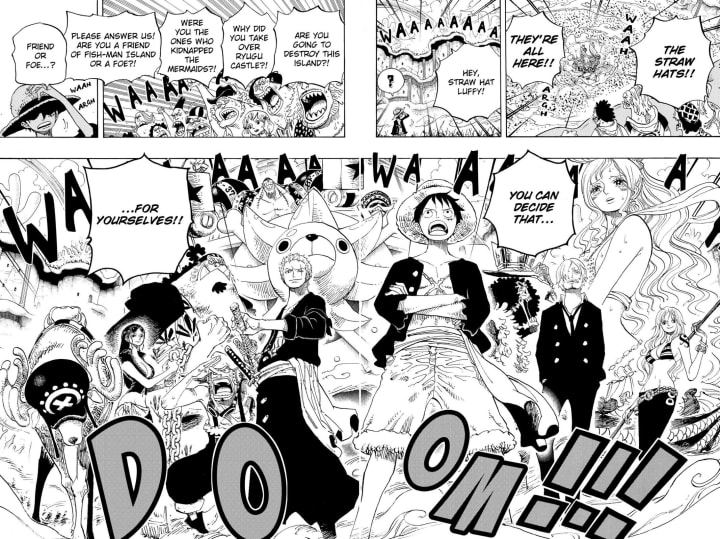
Ultimately, the meaning of the series is still up for debate and would likely continue this way until One Piece ends. However, it is important to separate your interpretations from the author’s intentions, because while there may be a possibility that you are right thematically, it is important to respect the author’s vision and storytelling. At the end of the day, Oda’s imagination and determination to tell the story that he wants to tell is what drew all of us in, and as readers we should try to read it in how he wants it to so we can be captivated with childlike wonder at the One Piece.
What do you think? Is One Piece super deep or are we simply overthinking the hell out of it? Let me know what you think and follow for more related content!
About the Creator
Jay Kobayashi
A starving writer from LA who aspires to be plagiarized one day. I like to write about academic pieces that identifies philosophy and psychology in pop culture, and sometimes random fun pieces that interests me or the algorithm!
Enjoyed the story? Support the Creator.
Subscribe for free to receive all their stories in your feed. You could also pledge your support or give them a one-off tip, letting them know you appreciate their work.
Reader insights
Nice work
Very well written. Keep up the good work!
Top insight
Heartfelt and relatable
The story invoked strong personal emotions



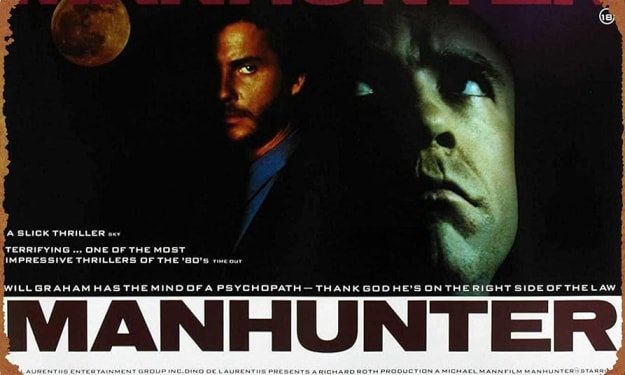


Comments (1)
Let's subscribe to each other